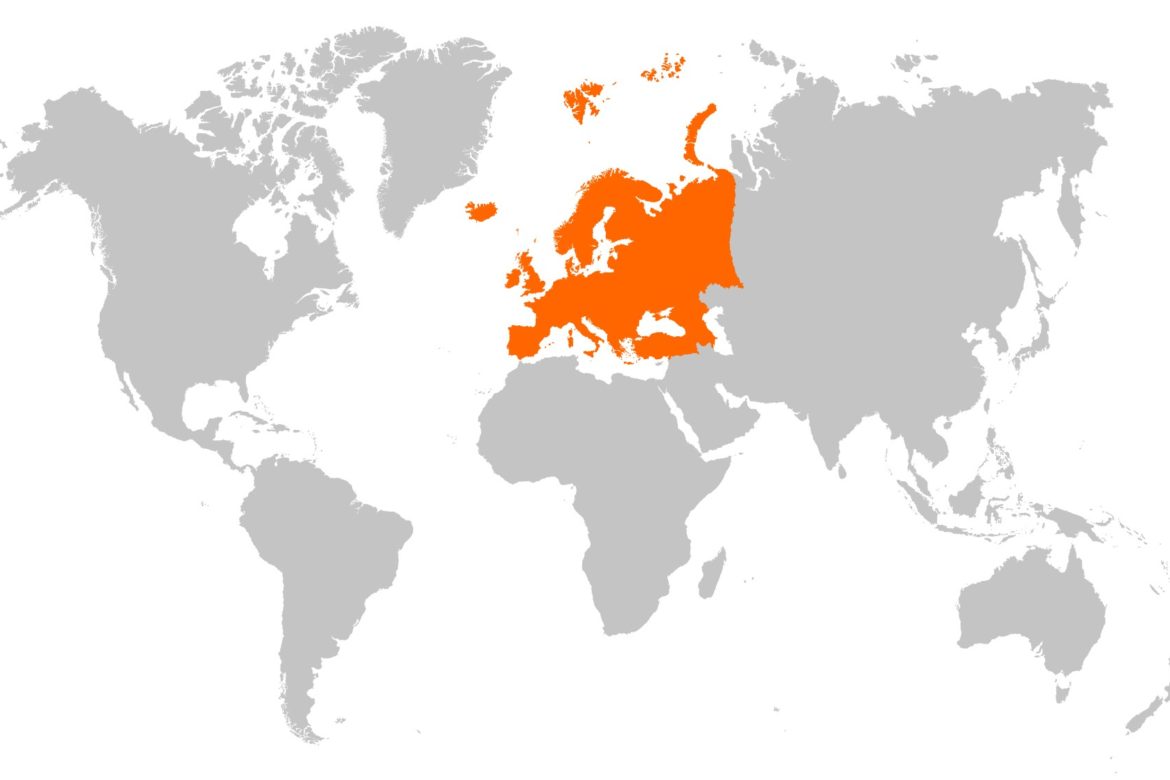Economic activity in the euro zone shrank markedly in January as stringent lockdowns to contain the coronavirus pandemic hit the bloc’s dominant service industry hard.
With hospitality and entertainment venues forced to remain closed across much of the continent, surveys on Friday highlighted sharp contractions in the services industry but also showed manufacturing remained strong as factories largely kept working.
IHS Markit’s flash composite purchasing managers’ index (PMI) for the euro zone, seen as a good guide to economic health, fell further below the 50 mark separating growth from contraction to 47.5 in January from December’s 49.1. A Reuters poll had predicted a fall to 47.6.
High infection rates are again forcing governments to extend and tighten containment measures,
“Don’t expect any meaningful economic recovery before the pandemic is brought under control”, said experts.
A Reuters poll earlier this week showed the EU bloc’s economy was expected to grow 0.6% this quarter and would return to its pre-COVID-19 level within two years on hopes the rollout of vaccines will allow a return to some form of normality.
Activity in Germany’s services sector shrank for a fourth month in a row as a hard lockdown shuttered most non-essential businesses in Europe’s biggest economy. Despite slowing to a four-month low, manufacturing remained in expansion territory as exports kept German factories humming.
With hotels and restaurants closed, France’s service sector bore the brunt of national coronavirus restrictions and overall activity there shrank more than expected.
In Britain, outside the European Union, a third national lockdown sparked the sharpest drop in business activity since May. A post Brexit shift to a more bureaucratic trading arrangement with the EU also contributed to the decline.

